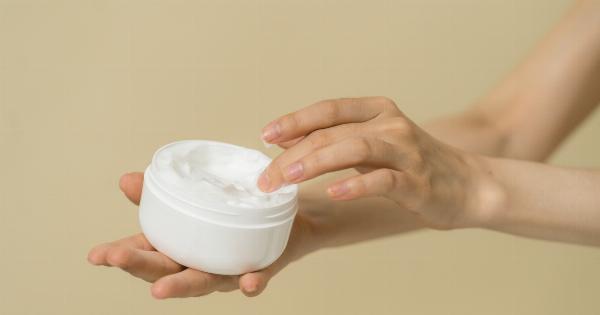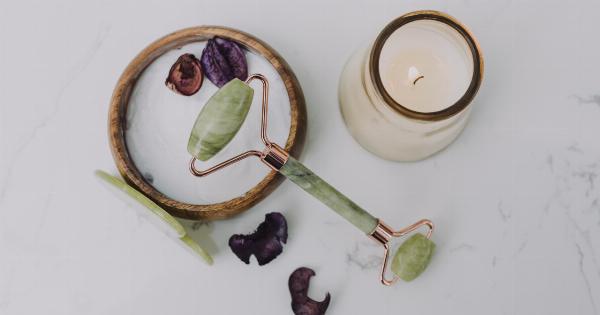Neonatal acne is a common condition that affects many newborn babies. It is characterized by the presence of small red or white bumps on the baby’s skin, primarily on the face.
While it may be concerning for parents, neonatal acne is typically harmless and tends to resolve on its own without any treatment. In this article, we will discuss how to manage neonatal acne in babies and provide some helpful tips for parents.
Understanding Neonatal Acne
Neonatal acne, also known as baby acne, usually appears within the first few weeks after birth. It is caused by the stimulation of the baby’s oil glands by maternal hormones that were passed on during pregnancy.
These hormones can cause the oil glands to become overactive, leading to the development of acne-like bumps on the baby’s skin.
Recognizing the Symptoms
The most common symptoms of neonatal acne include small red or white bumps on the baby’s face, specifically on the cheeks, forehead, and chin. The bumps may be surrounded by redness and can sometimes appear similar to an adult’s acne.
It is important to note that neonatal acne does not cause any discomfort or itchiness to the baby.
Managing Neonatal Acne
While neonatal acne does not require any specific treatment, there are some measures parents can take to manage and alleviate the condition:.
1. Keep the Face Clean
Gently clean the baby’s face once or twice a day using a mild baby soap or cleanser. Avoid using harsh chemicals or scrubbing the skin vigorously, as this can further irritate the acne-prone areas.
2. Avoid Oily and Fragrant Products
Avoid using oily or fragrant creams, lotions, or baby products on the baby’s face. These products can clog the pores and worsen the acne. Stick to gentle and hypoallergenic products specifically formulated for babies.
3. Do Not Squeeze or Pop the Bumps
It can be tempting to try and squeeze or pop the bumps, but this should be avoided. Squeezing the acne can lead to skin irritation, infection, and potential scarring. Allow the acne to resolve naturally without intervention.
4. Avoid Overdressing the Baby
Dress the baby in loose, breathable clothing to prevent sweat and excess oil buildup, which can contribute to the development of acne. Overdressing can also cause heat rashes, which may worsen the condition.
5. Use a Gentle Laundry Detergent
Wash the baby’s clothes and bedding in a mild, fragrance-free laundry detergent. Harsh detergents can irritate the baby’s sensitive skin and exacerbate the acne.
When to Seek Medical Advice
While neonatal acne is generally harmless and self-limiting, there are a few instances where it is advisable to seek medical advice:.
1. Severe or Persistent Acne
If the acne seems severe, covers a large area of the baby’s face, or is persisting beyond several months, it is recommended to consult a pediatrician. They may prescribe a topical medication or recommend further evaluation.
2. Signs of Infection
If the bumps become red, swollen, or tender, or if there are any signs of pus or drainage, it could indicate an infection. In such cases, medical attention is necessary to prevent complications.
Conclusion
Neonatal acne is a common and usually harmless condition that affects many newborn babies. By following simple measures like keeping the baby’s face clean and avoiding harsh products, parents can effectively manage neonatal acne.
Remember, it is essential to allow the acne to resolve naturally and refrain from attempting any interventions that may cause harm. If in doubt, always consult a healthcare professional for guidance.





























